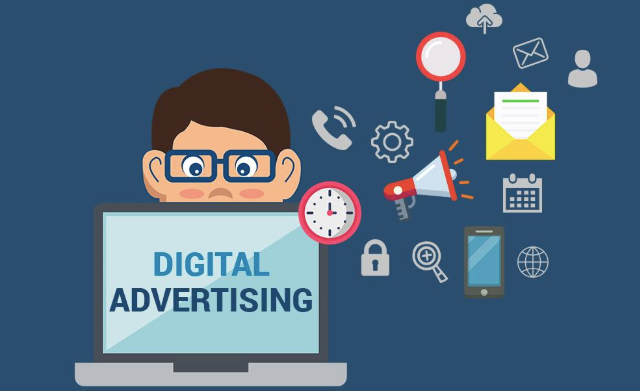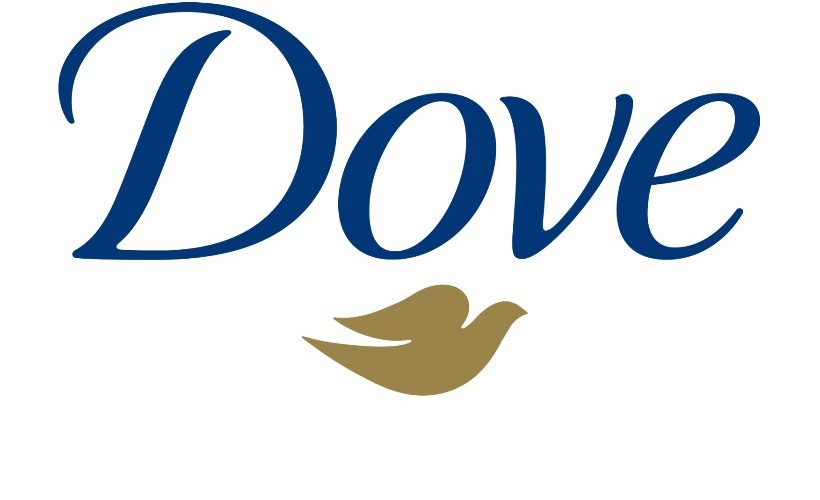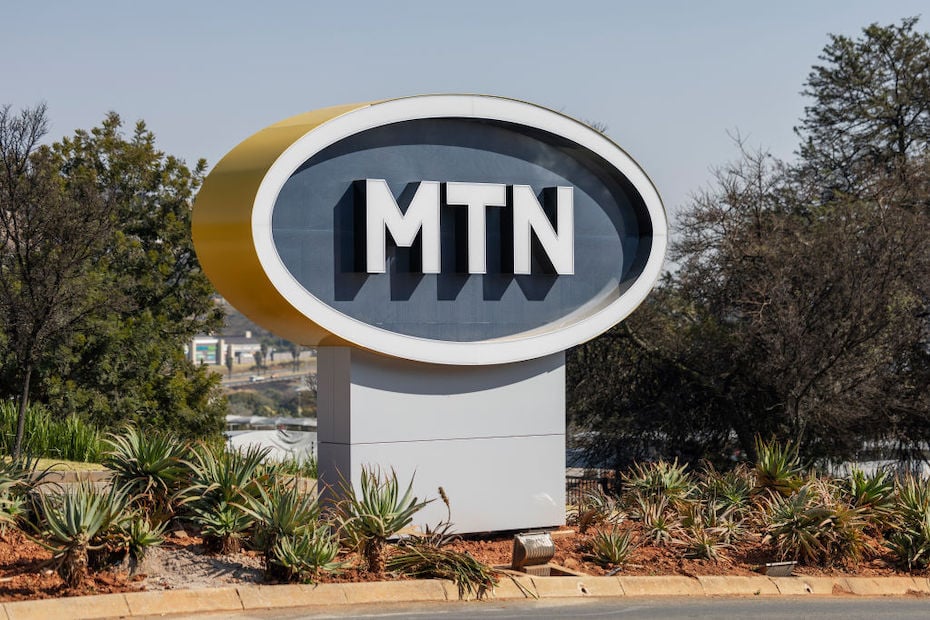We are no doubt in an unusual time. Indeed the season and the epoch are different. Perhaps, the inventors of the cliché, “the new normal”, did their home-work well because we are in a time of the new unusual.
The new dawn heralded by the Covid-19 pandemic has suddenly boosted the lexicon. It is not uncommon these days to hear more frequently such buzzwords as ‘digital natives, “The GenZ”, Next Generation “Digitisation”, “innovation” and whatnot. All have become the toast of almost all industries and disciplines.
Similarly, the season has given pre-eminence to Internet advertising through the unquestionable and unquantifiable relevance of the social media. It will amount to stating the obvious if we say that the advent of the social media has become a major ache on the traditional media. There have been back and forth arguments. Concerns have mounted on the gradual eclipse or erosion of the role and impact of traditional media in the growth and development of brands. These concerns have not been misplaced considering the attention brand owners continue to thrust and splash on the digital in their brand communication options.
As generally held, digital advertising is a continuously and rapidly growing industry in the country. Today, digital advertising is gradually becoming the most prominent advertising form as more and more advertisers and brand owners continue to embrace it while allocating huge budgets to it in their yearly spend.
Traditional advertising, as it is well known, is an “interruptive form of marketing that allows companies and marketers reach out to their consumers whenever and wherever they wish to. It occurs mostly in different forms, including newspaper ads, magazine ads, billboards, radio ads, television ads, and direct mailings.
In view of its pre-eminence, the Internet has become a major advantage for the growth of digital advertising. The Internet, which has made the world a global village, has suddenly demystified the traditional media placing it at the background when the talk is about quick wins in brand management as digital takes precedence.
A recent post on Facebook by Agbolade Omowole a public commentator confirmed the fear of the gradual eclipse and threat to the traditional advertising role in brand management.
According to Omowole, “the print newspaper was a major innovation several years ago, but the birth of digital media may pose the greatest threat and can even lead to the death of traditional or print newspaper”.
Quoting a research report, Omowole said further, “the number of years it took to reach 50million users is given as:- Telephone – 74 years, Radio – 38 years, TV – 13 years, Internet – 4 years, Ipod-3 years, Facebook – 4, 5 Months”.
Perhaps faced by this new reality, advertisers the world over have switched preference to Internet advertising thereby reducing or cutting down on advertising expenditure in the traditional media.
The rate at which advertisers are enlisting the Internet as a vehicle for communicating their brands messages is quite unbelievable. The new found love between the brand owners and the digital advertising agencies has created a boost and a boom for the sector.
An online report recently revealed that global digital advertising expenditure was projected to increase from an estimate of 173 billion US dollars in 2016 to just over 272 billion by 2020. Spending on Internet advertising was estimated to end 2017 with the second highest year-over-year growth in advertising spending in comparison to other mediums – 13 percent.
Continuing, the report added that “in line with this global trend, Internet advertising revenue in Nigeria has shown significant improvement in the last few years, and was projected to continue to rise. The online ad market in Nigeria has seen an unprecedented growth between 2015 and 2018, as revenue growth of this medium ranged between 39 percent during that time period. The growth rate is projected to slow down in the coming years”. By 2023, online advertising in Nigeria forecast is to generate 133 million US Dollars in revenue. Yet yearly advertising spend revenue in the traditional media within this period has continued on a decline journey.
While the online advertising sector has been recording a boom in business, the brand and the advertisers appear to be at the receiving end of poor outcome in growing equity and bottom-line.
In its latest research, Adweek, a leading global marketing and advertising publication has revealed that advertisers are still struggling to get better results from their digital adspend despite all huge yearly expenditure.
According to the leading industry magazine, “advertisers are struggling to get better results from their digital adspend” because “the average conversion rate for digital ads is just 3% which means a staggering 97% of adspend is going to waste”. “As costs rise and conversion rates remain low, it’s more important than ever to ensure your advertising budget is driving results,” Adweek revealed.
Consequently, the popular magazine has developed a post click, a complimentary self-assessment tool to help advertisers measure campaign success and find opportunities to improve conversion rates in less than five minutes.
With the disclosure by Adweek, it appears that the time has come for the advertisers to do a “rethink” on excessive and obsessive increase on yearly digital adspend. While the digital adspace remains an attraction, it should be devoid of obsession and addiction at the expense of the traditional media. Of what percentage value is 3% in conversion rate? How does a Chief Marketing Officer explain a humongous loss of 97% in adspend? Who pays for such a staggering loss? Of what value at all is advertising if it fails abysmally to lead to a proportionate conversion rate? Will the advertisers allow this trend to continue? Is it not time to rethink on dependence or over-dependence on digital advertising? For the brands to grow, the conversion rate issue on digital advertising must be urgently addressed.







Comment
No comments found.